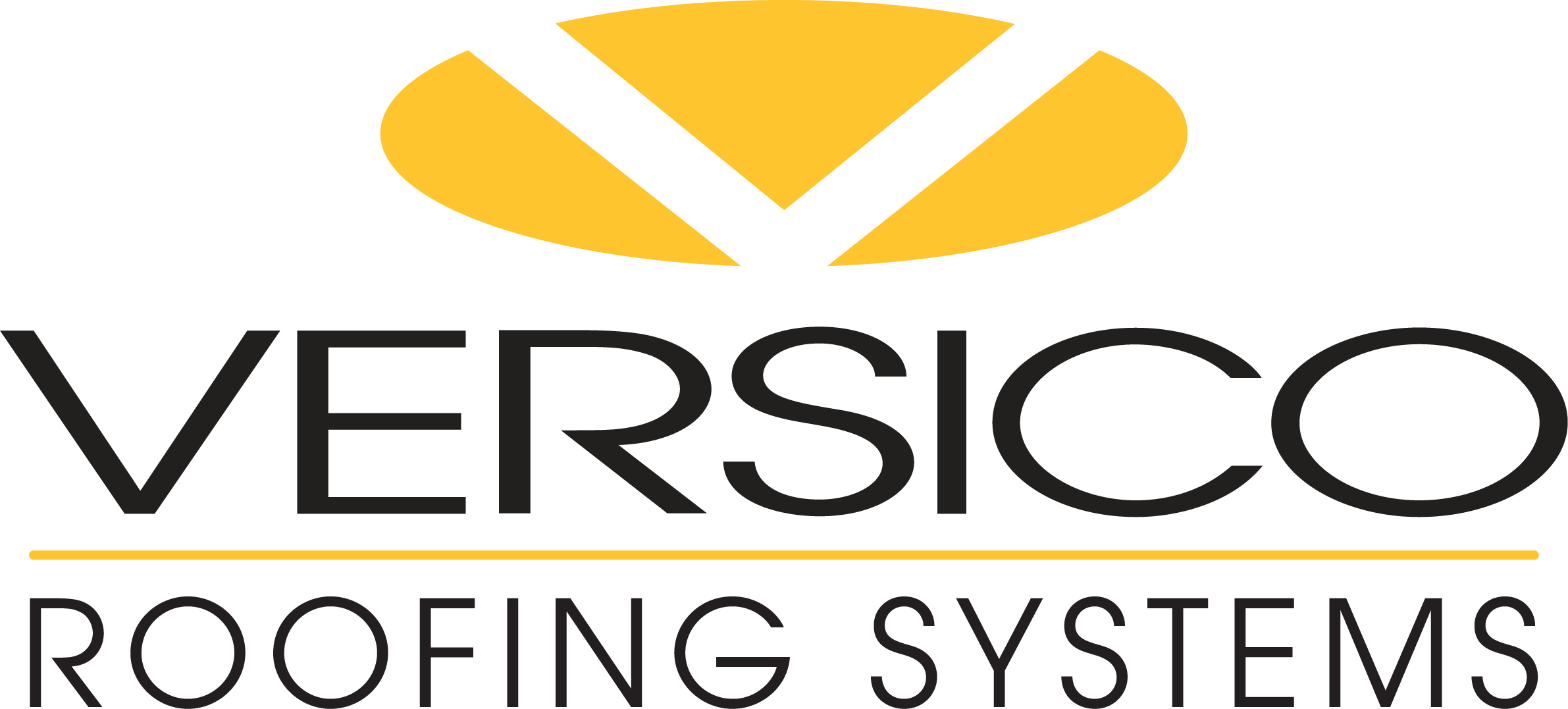Solving Unique Challenges with a Hybrid Approach to Insulation
One of the simplest ways to meet building codes requirements in construction is through the effective use of insulation. There are several types of rooftop insulations available in the marketplace, but two of the most commonly accepted in commercial roofing applications are polyisocyanurate (polyiso) and expanded polystyrene (EPS).
Polyiso is a lightweight and cost-effective, closed-cell, rigid foam board insulation that provides energy-efficient solutions for buildings in any region and climate, as well as outstanding return on investment and significant energy savings.
EPS is a closed-cell, rigid foam insulation manufactured using expandable polystyrene. It is block-molded for most construction applications and is highly customizable, enabling thicknesses up to 40 inches in a single board. EPS is versatile and durable and can provide significant cost and labor advantages.
Both polyiso and EPS provide great benefits and R-value in roof construction projects. However, projects often arise when a hybrid solution to insulation may be the most practical. A hybrid polyiso/EPS solution can help you edge out the competition in a number of scenarios.
New Construction with Concrete Decks: A recent innovation introduced by Versico is DeckVent EPS Insulation. DeckVent is ideal for new construction projects with structural concrete, lightweight structural concrete, and lightweight insulating concrete roof decks. Using DeckVent in conjunction with one-way and two-way relief vents allows the installation of the roof system to begin upon structural cure of concrete (typically around 28 days). DeckVent is compatible with ballasted, mechanically attached, induction welded, and adhered single-ply roofing systems. The use of DeckVent creates a problem-solving solution for new construction involving concrete decks, enabling construction to commence immediately upon structural cure.
Standing Seam Metal Roofs: With square-, taper-, and profile-cut flute-fill products in custom shapes and sizes, a solution is available for all metal retrofit roofs. Combining EPS to fill the metal roof flutes with a subsequent layer of insulation or coverboard can create an ideal foundation for a retrofit roof.
Tapered Roof Design: A tapered roof is another ideal candidate for a hybrid approach to save time and money. With thicknesses up to 40" and virtually any slope available in a single board, a base layer of tapered EPS insulation can save nearly 30% in product cost alone, with additional savings on installation time when combined with polyiso.
Combining polyiso and EPS in commercial roofing applications is an effective solution that can often save you money and labor on a project. Contact your local Versico representative to learn more.
Polyiso is a lightweight and cost-effective, closed-cell, rigid foam board insulation that provides energy-efficient solutions for buildings in any region and climate, as well as outstanding return on investment and significant energy savings.
EPS is a closed-cell, rigid foam insulation manufactured using expandable polystyrene. It is block-molded for most construction applications and is highly customizable, enabling thicknesses up to 40 inches in a single board. EPS is versatile and durable and can provide significant cost and labor advantages.
Both polyiso and EPS provide great benefits and R-value in roof construction projects. However, projects often arise when a hybrid solution to insulation may be the most practical. A hybrid polyiso/EPS solution can help you edge out the competition in a number of scenarios.
New Construction with Concrete Decks: A recent innovation introduced by Versico is DeckVent EPS Insulation. DeckVent is ideal for new construction projects with structural concrete, lightweight structural concrete, and lightweight insulating concrete roof decks. Using DeckVent in conjunction with one-way and two-way relief vents allows the installation of the roof system to begin upon structural cure of concrete (typically around 28 days). DeckVent is compatible with ballasted, mechanically attached, induction welded, and adhered single-ply roofing systems. The use of DeckVent creates a problem-solving solution for new construction involving concrete decks, enabling construction to commence immediately upon structural cure.
Standing Seam Metal Roofs: With square-, taper-, and profile-cut flute-fill products in custom shapes and sizes, a solution is available for all metal retrofit roofs. Combining EPS to fill the metal roof flutes with a subsequent layer of insulation or coverboard can create an ideal foundation for a retrofit roof.
Tapered Roof Design: A tapered roof is another ideal candidate for a hybrid approach to save time and money. With thicknesses up to 40" and virtually any slope available in a single board, a base layer of tapered EPS insulation can save nearly 30% in product cost alone, with additional savings on installation time when combined with polyiso.
Combining polyiso and EPS in commercial roofing applications is an effective solution that can often save you money and labor on a project. Contact your local Versico representative to learn more.
Up Next
September 12, 2019
Roofing with Resilience: A Review of 30-Year EPDM Enhancements
The history of EPDM roofing runs deep.
August 29, 2019
Making the Choice Between Prefabricated and Shop-fabricated Metal
When it comes to choosing a fascia or coping, the options for colors, finishes, and profiles are virtually endless.
August 15, 2019
TPO and PVC Welding Guidelines
Cold welds are a major concern for any thermoplastic roofing installer.
